TikTok ban went before the Supreme Court — here's what happened
Could TikTok be banned in the US?
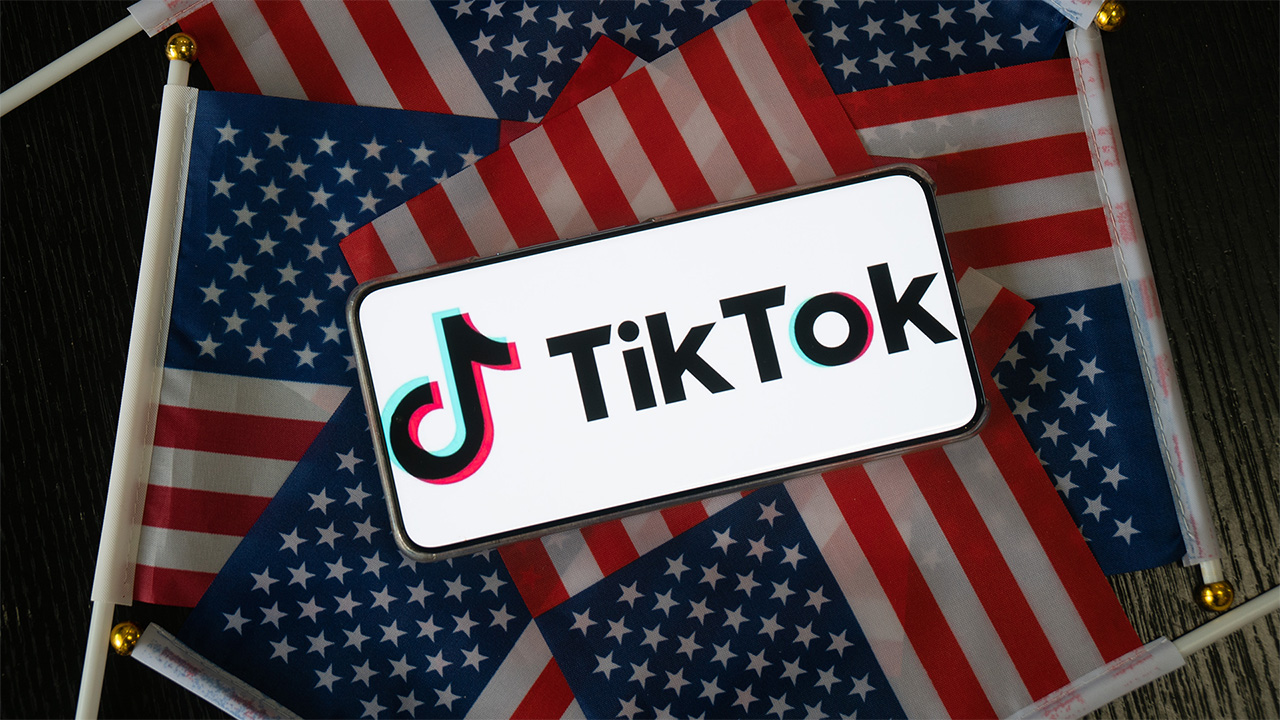
In a swift move, the United States Supreme Court will set TikTok to argue that the social sharing app shouldn't be banned in the country.
The case will see national security go head-to-head with free speech, which could have a long-lasting impact beyond whether or not we can share videos on a social media app (there are plenty of TikTok alternatives if the app is banned).
If the ban is upheld, TikTok will be banned later this month due to a law put in place by the Biden administration. The government says China can gather data on Americans or manipulate the content on TikTok to shape U.S. users' opinions, the government claims.
The Supreme Court listened to arguments from both sides for over two hours, wrapping up at 12:39 pm. It's difficult to say which way they're leaning, which is probably by design, but we'll need to learn more soon, as the January 19 deadline is right around the corner.
For the backstory, check out our timeline of everything that's happened so far.
If you're curious about TikTok's arguments, we're here to cover it all as it happens so you can decide whether it's time to change social video apps or you can stick with TikTok. If you want to listen for yourself, the Supreme Court has a public link to the audio feed. You can also watch the live stream above.
Will TikTok survive?
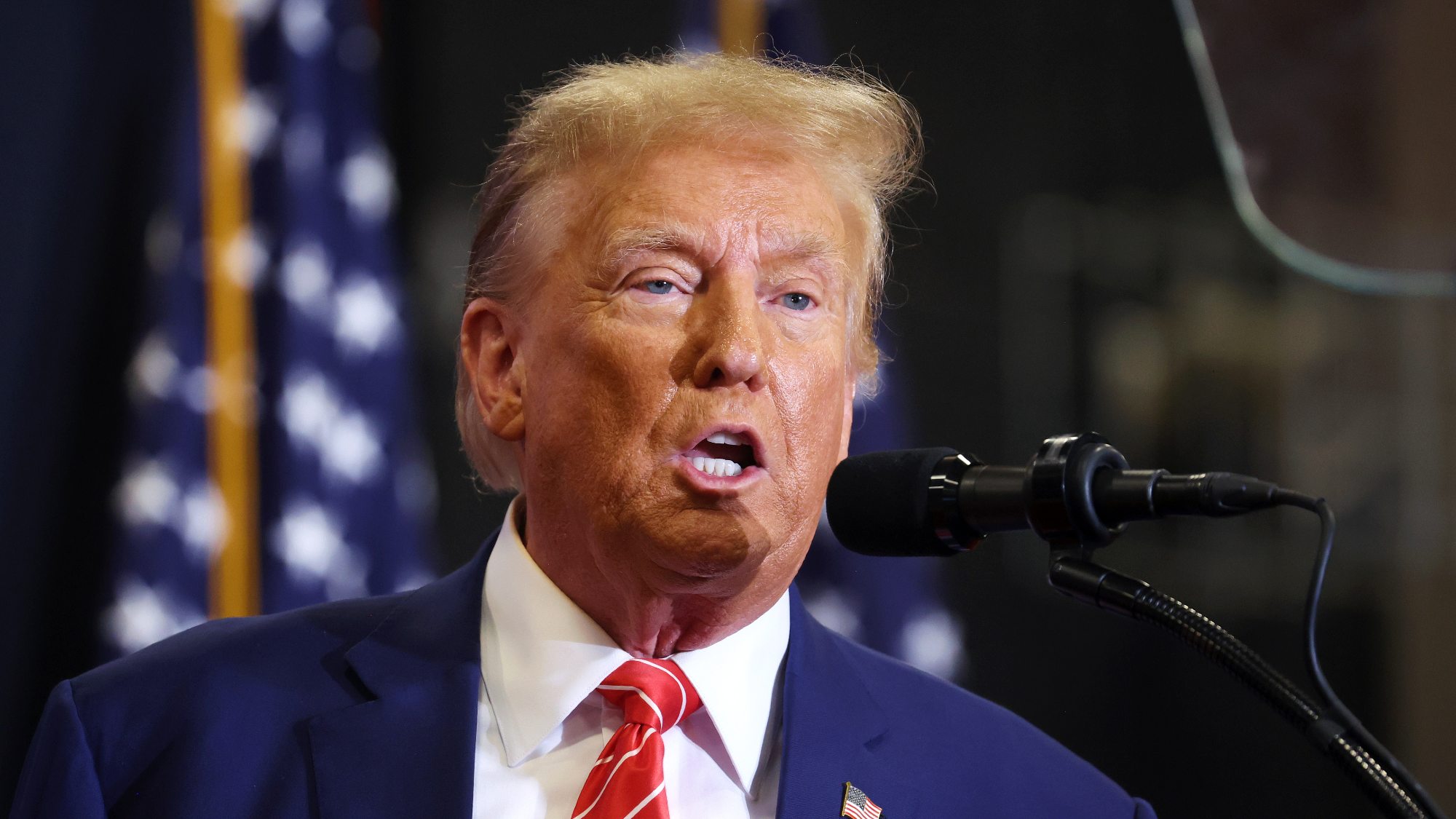
This could be a landmark day for social media and the internet as we know it. The Supreme Court issued a writ of certiorari on December 18, 2024, to hear the case. From there, it scheduled oral arguments for January 10, 2025, which we're covering today.
Creators are calling for President-elect Donald Trump to save TikTok, while others hope the app's ban is upheld because it may threaten national security.
Regardless of which way the Supreme Court decides after hearing arguments in the TikTok v. Garland landmark case.
TikTok speaks at 10 a.m ET
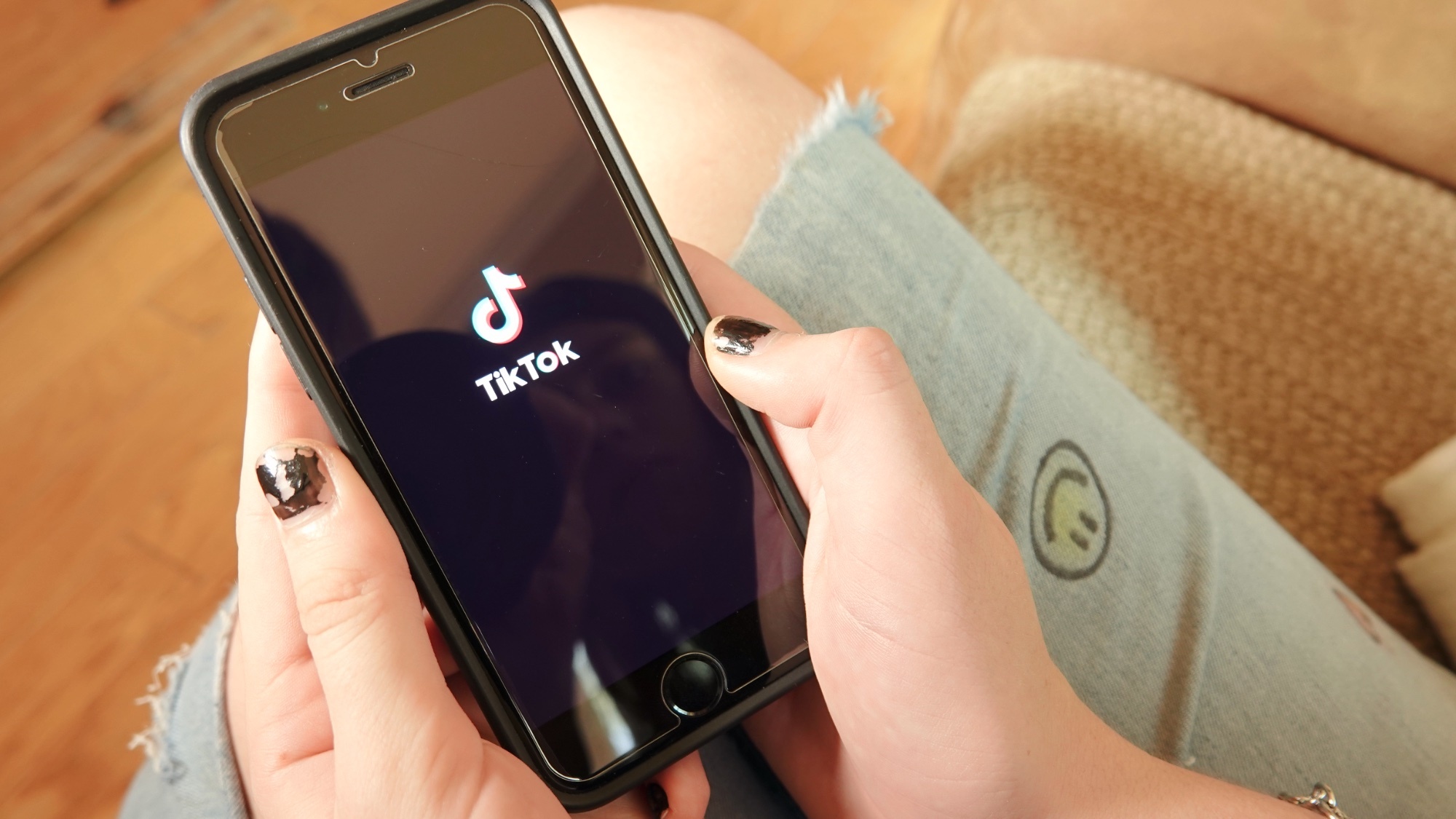
The proceedings are set to get underway at 10 a.m. ET. You can listen at the Supreme Court's website, or simply follow along with Tom's Guide as we bring you all the important bits as they happen.
Which other app will you switch to?
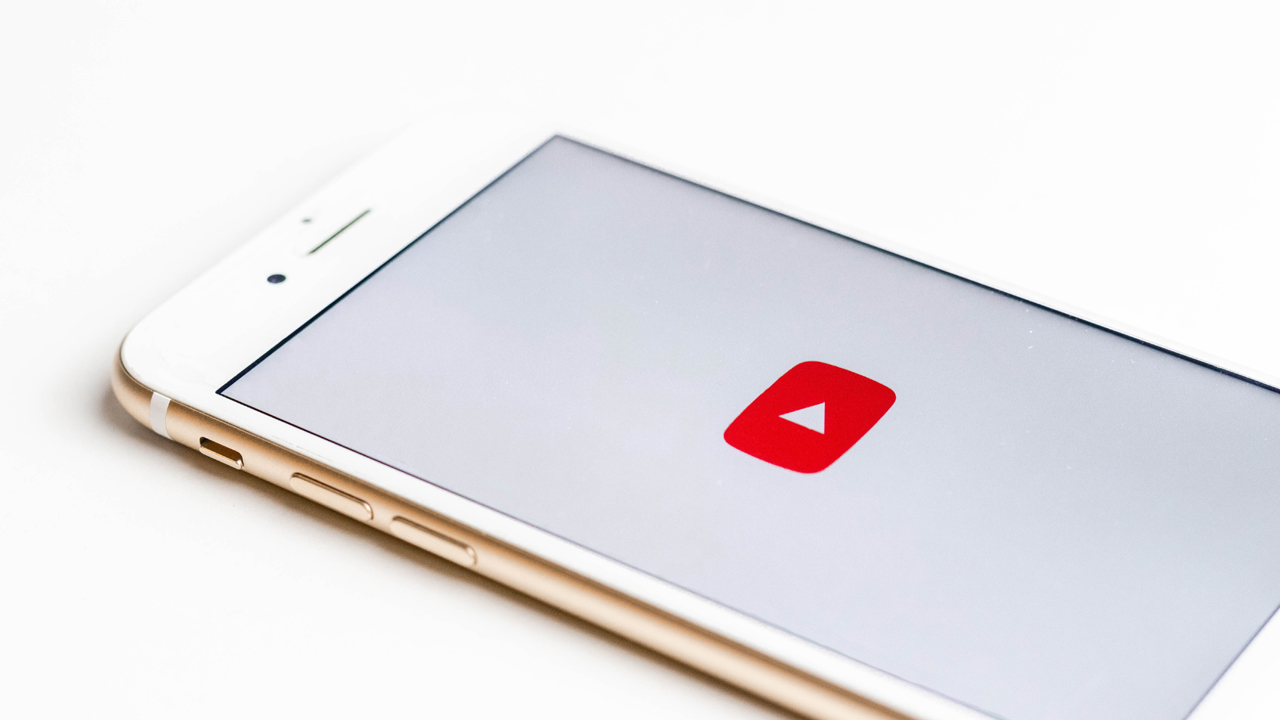
If TikTok is banned and you're an avid user (whether as a creator or viewer), do you have a plan for where you'll migrate for your short vertical videos?
Most people would consider YouTube Shorts and Instagram Reels the primary replacements, but a new app could rise from the ashes of TikTok and take over.
On Tom's Guide, we use TikTok for much of our video content, but we also share on YouTube Shorts.
Whatever happens, it'll be interesting to see which apps rise and take over (or if TokTok survives the U.S. government's attempts to ban it).
Arguments start
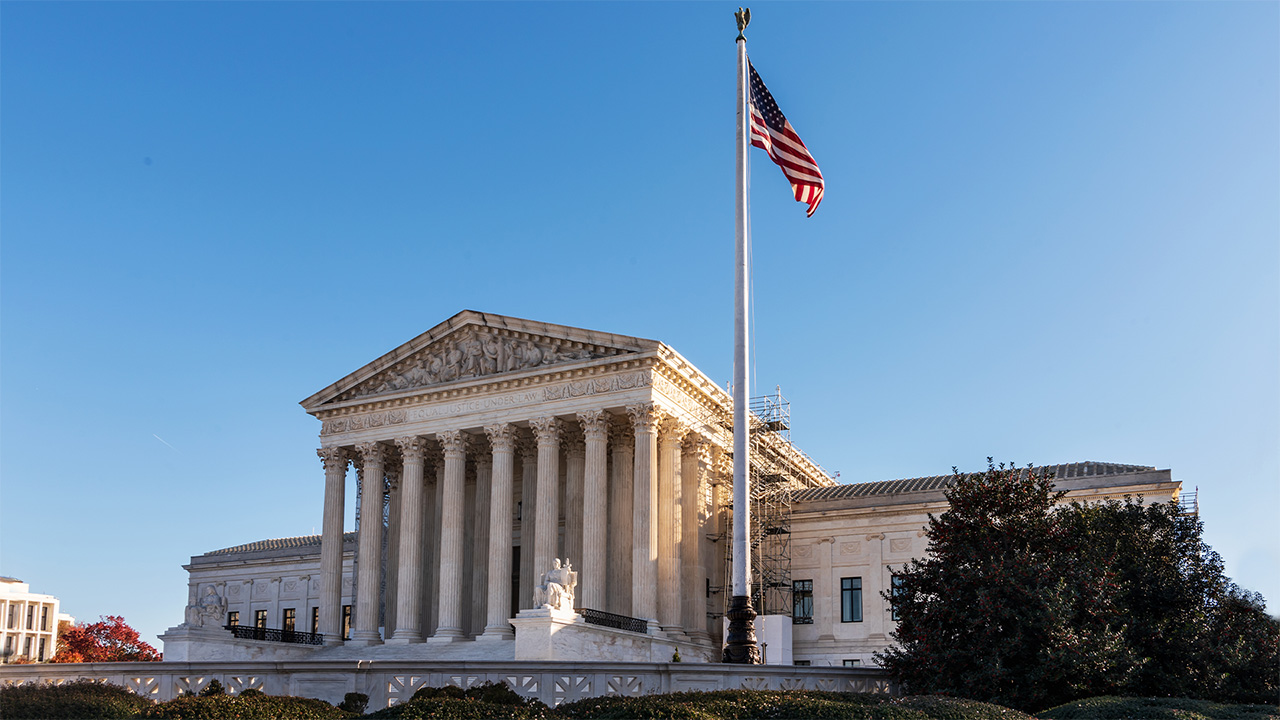
Listen to TikTok's arguments on the Supreme Court's website.
Running behind
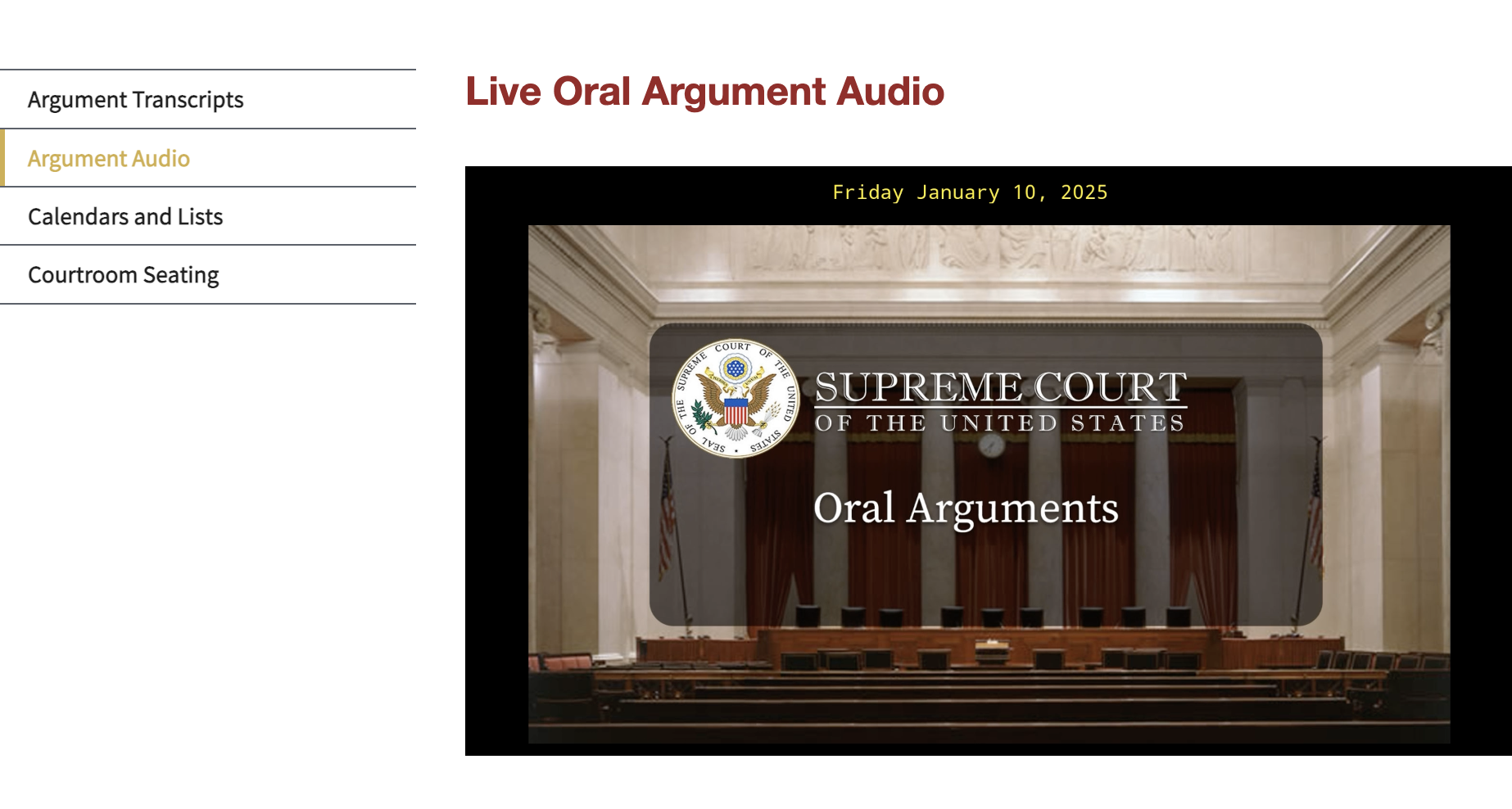
I'm writing this at 10:07 et, and it's been quiet thus far. The live stream appears to have started, but there hasn't been any sound yet. If you're listening in on the Supreme Court's website and are wondering why you can't hear anything, it's not just you.
Whether they're running late getting started or experiencing technical difficulties due to the widespread popularity of this case is unknown at this time.
TikTok v. Garland opening arguments
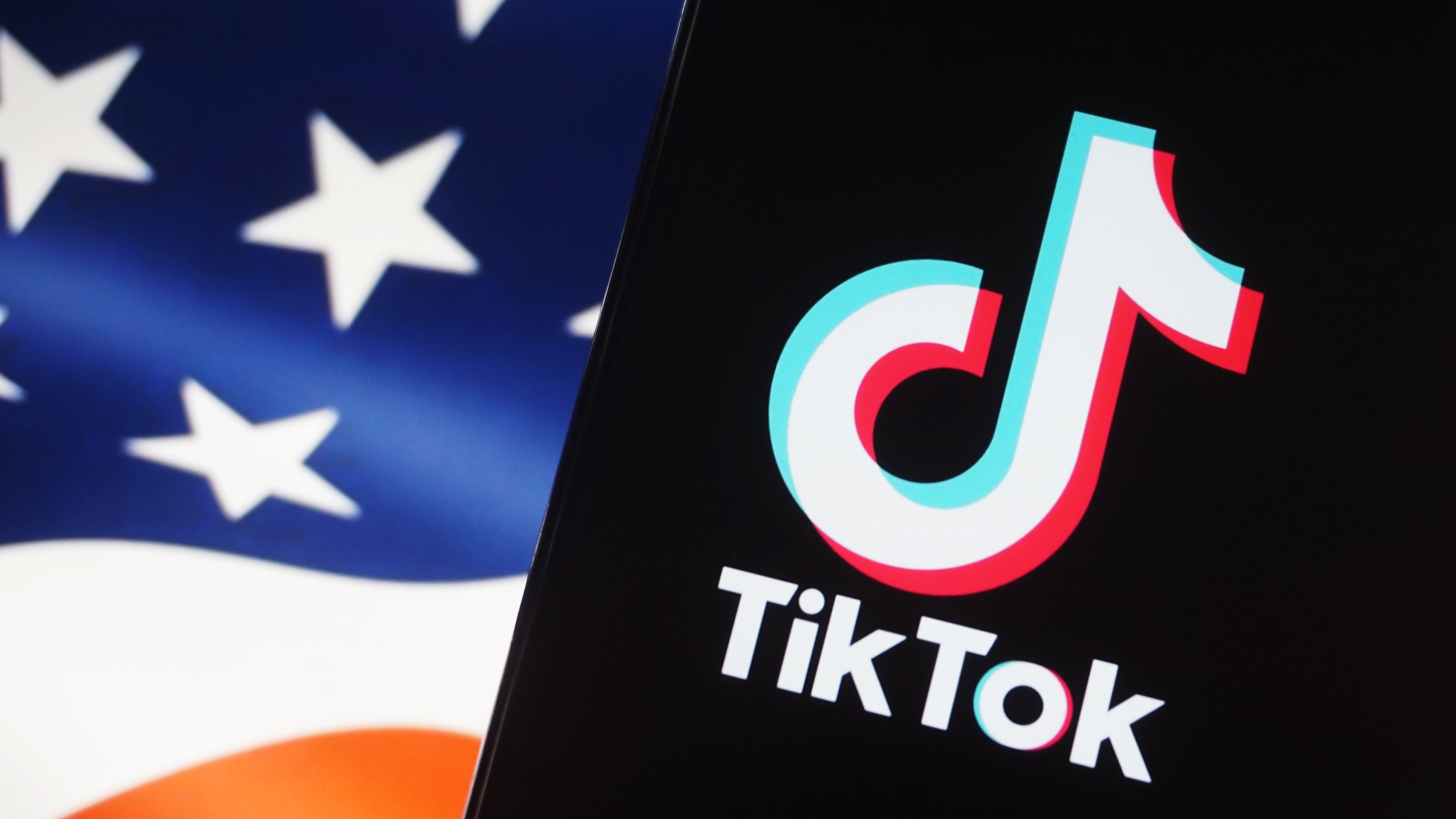
TikTok's lawyer, Noel Francisco, opened the speech with an argument that said there are three primary reasons why this act shouldn't be upheld:
1. TikTok Inc. is a U.S.-based company that speaks before the court.
2. The app is content-based from beginning to end.
3. The act can't stand up to scrutiny, and the government is targeting free speech, not just the app.
The company argued that TikTok doesn't get the free speech it's entitled to (as TikTok Inc. is a U.S.-based firm) because of the restrictions the U.S. is placing on parent company ByteDance.
The U.S. Government refutes
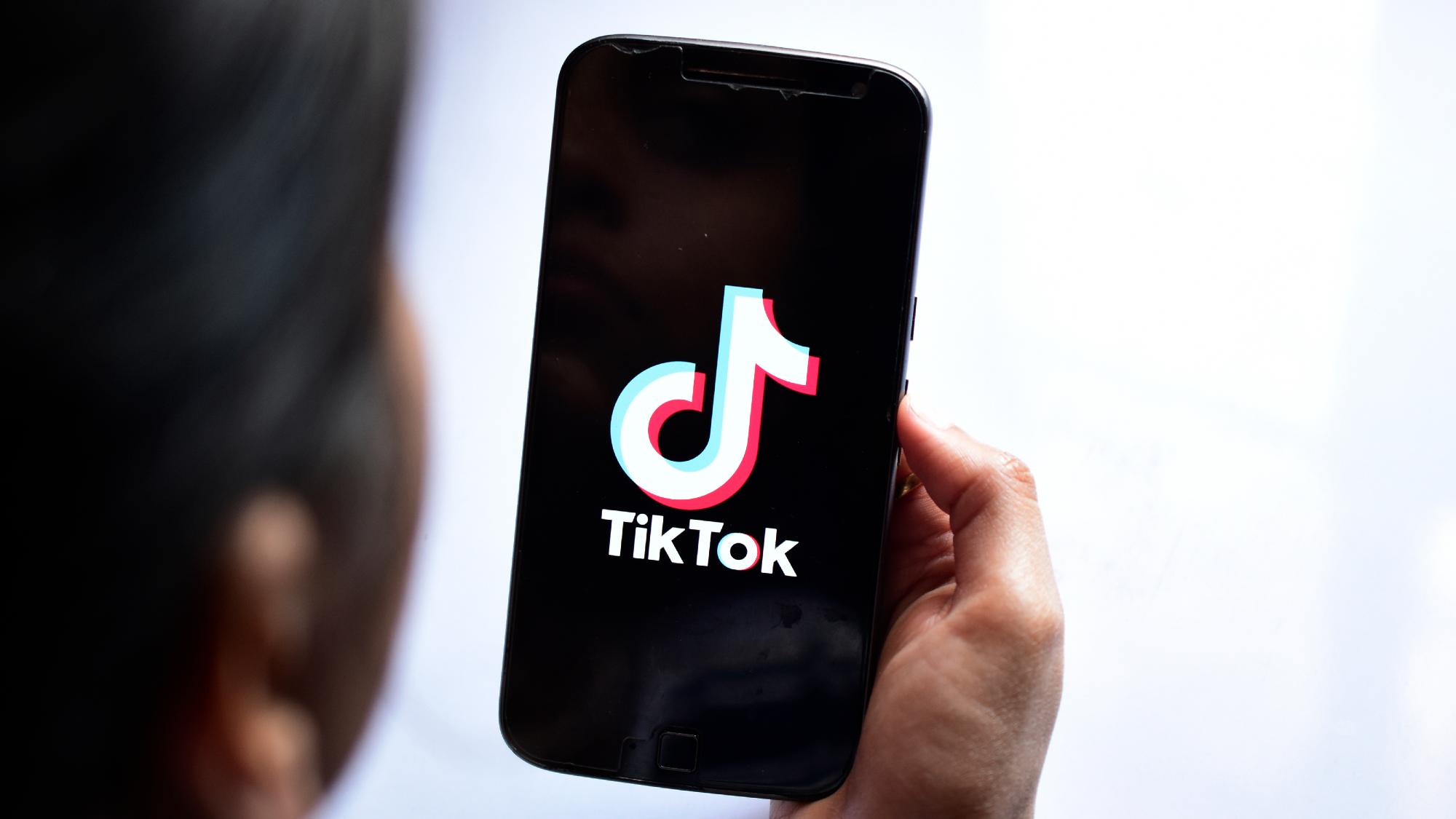
TikTok's lawyer argued that TikTok Inc. is a U.S. company, but the Supreme Court disagreed because ByteDance is subject to Chinese law, and Congress' concerns are warranted.
The lawyer went into an argument about China owning the Washington Post and making Jeff Bezos print certain things. He even talked about what would happen if the Chinese Government's children were taken hostage. It was an analogy but didn't seem to sway the judges so far.
How long are the arguments today?
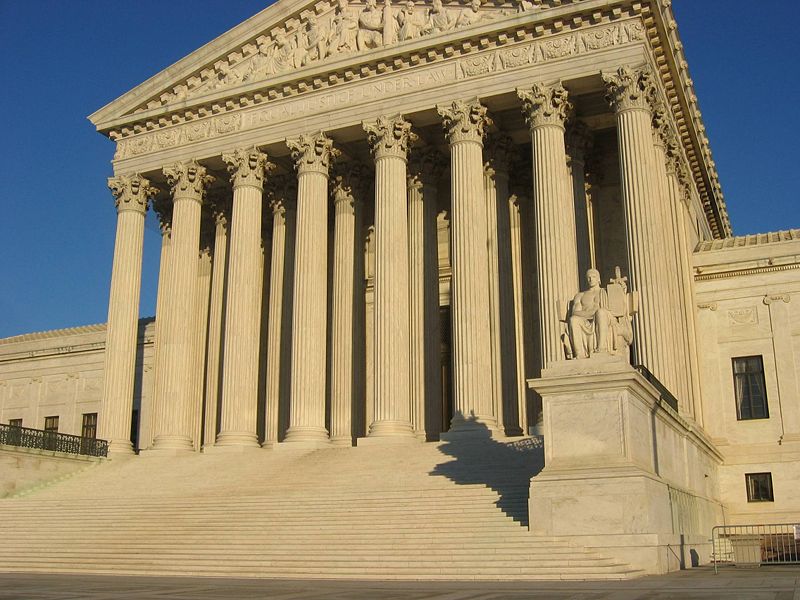
The U.S. Supreme Court has scheduled two hours of oral arguments today in the TikTok case. However, the session could last longer due to the weight of the ban and its potential wide-reaching effects.
Historically, cases brought before the court are scheduled for one hour but last substantially longer, and I think the same could happen here. The court wants to make the right decision, which could mean that it takes longer than the allotted time.
What if TikTok was owned by the Chinese government?

The Supreme Court asked TikTok's lawyer, Noel Francisco, what would happen if the Chinese Government owned TikTok directly instead of a company like ByteDance, which is still subject to Chinese rules and laws.
TikTok's lawyer danced around the question but said there is no precedent for a foreign government being subject to U.S. free speech laws. He then used a series of analogies, and it didn't seem like the Supreme Court judges were impressed by his answer.
From there, they discussed ByteDance divesting TikTok, and Francisco argued that this wouldn't be possible due to the global team of engineers.
Redacted
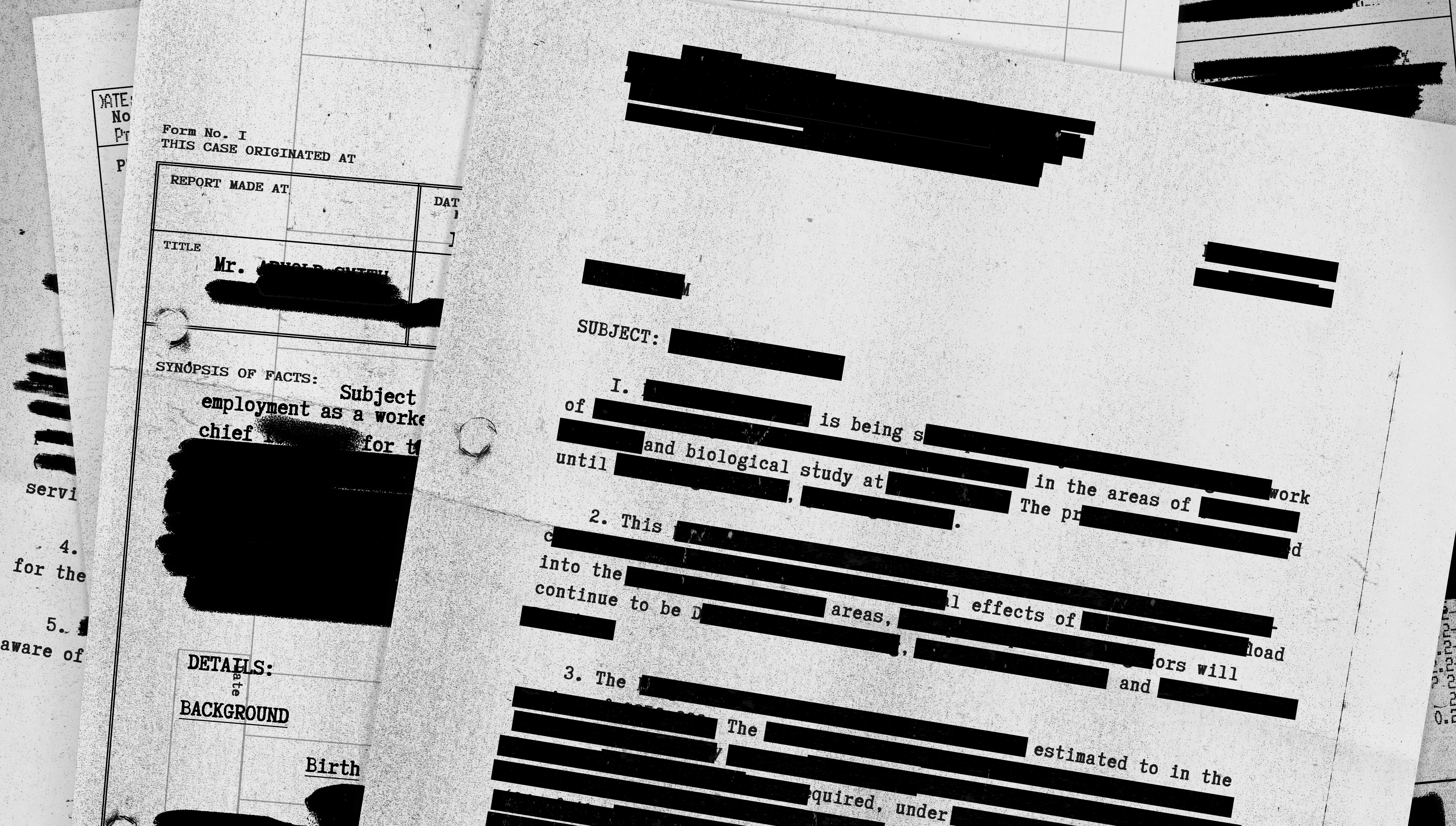
During the arguments, TikTok's lawyer said that much of the information about the ban is redacted, so he can't properly argue. Essentially, some transcripts in legal filings in the case hint at the claims the Biden administration made, but many of them were redacted and not available to the public.
Francisco couldn't answer some questions because of the redacted information regarding whether the Chinese government had manipulated information for Americans.
If the U.S. government upholds the ban, it may have to release some of this redacted information to the U.S. people, as a ban without proof that there's a good reason might not be well-received.
China accessing information about Americans
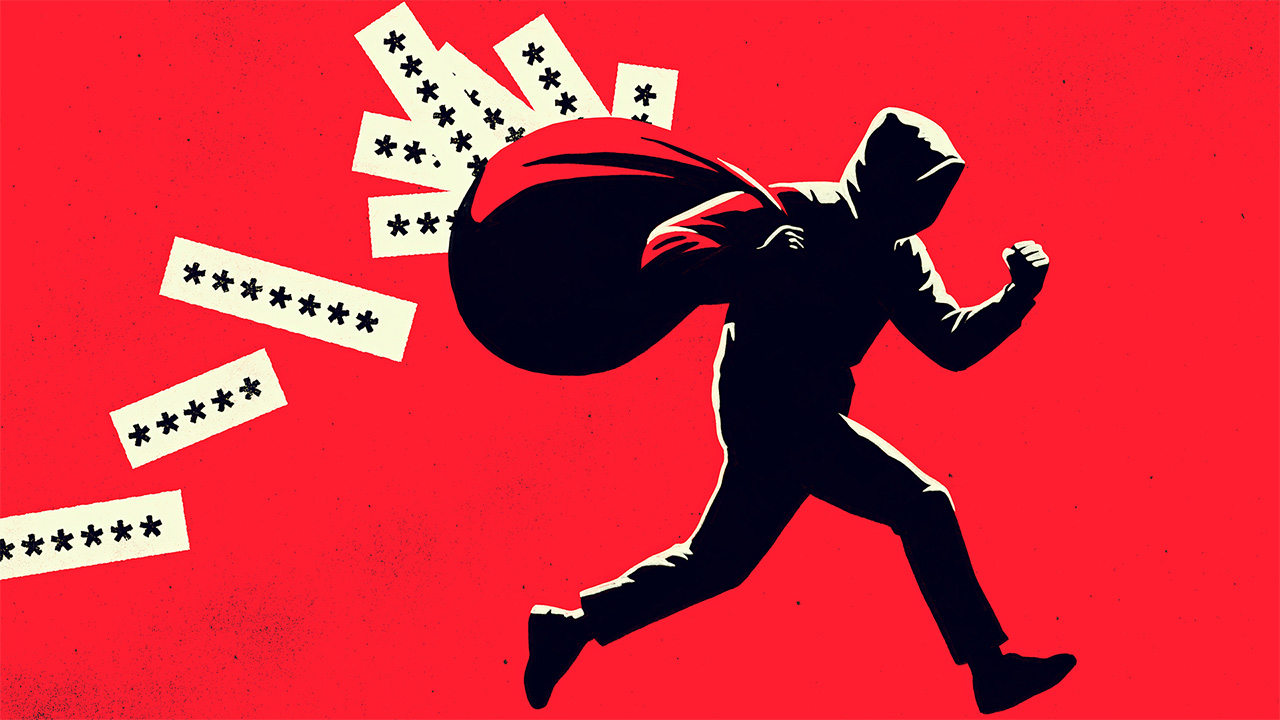
Justice Brett Kavanaugh asked about the risk of using American user data to train spies a generation from now when they’re working for the F.B.I. or C.I.A. He said it's a massive concern for the U.S. government that data could be shared with the Chinese government.
Francisco said there's an alternative that would say that a law could be added to say that TikTok Inc. can't share sensitive user data with anyone, including ByteDance and that Congress hasn't considered this, instead going right to a ban. He also argued that the case should be delayed until Donald Trump takes office, as there could be a different world.
The justices circled back to ByteDance divesting from TikTok, and Francisco argued the scrutiny standard that applies (whether it's content-based). They said the law is about ByteDance divesting rather than restricting anyone's First Amendment rights.
They finally asked why ByteDance could not divest, and Francisco responded that the issue was the underlying source code. He argued the company would have to recreate TikTok, leading to a fundamentally different platform.
'TikTok can continue to operate on its own algorithm"
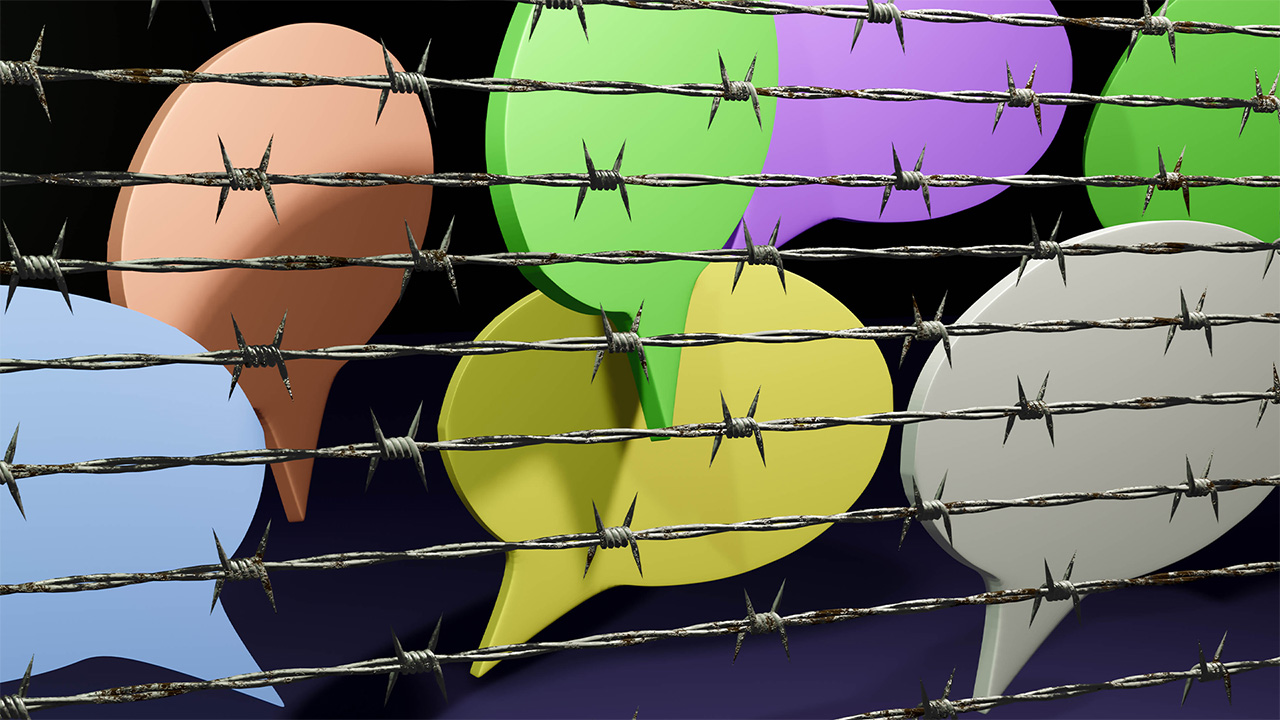
Justice Jackson argued that this is a case of association more than anything and even implied that it's purely a case of association with TikTok wanting to stay associated with ByteDance and the U.S. Government requiring that not to happen. She said TikTok Inc. could make an algorithm that doesn't involve ByteDance at all.
Francisco refuted that by saying it's not just that but that forcing ByteDance to divest and forcing TikTok Inc. (the U.S. arm) to use a different algorithm is restricting speech.
Jeffrey Fisher takes over
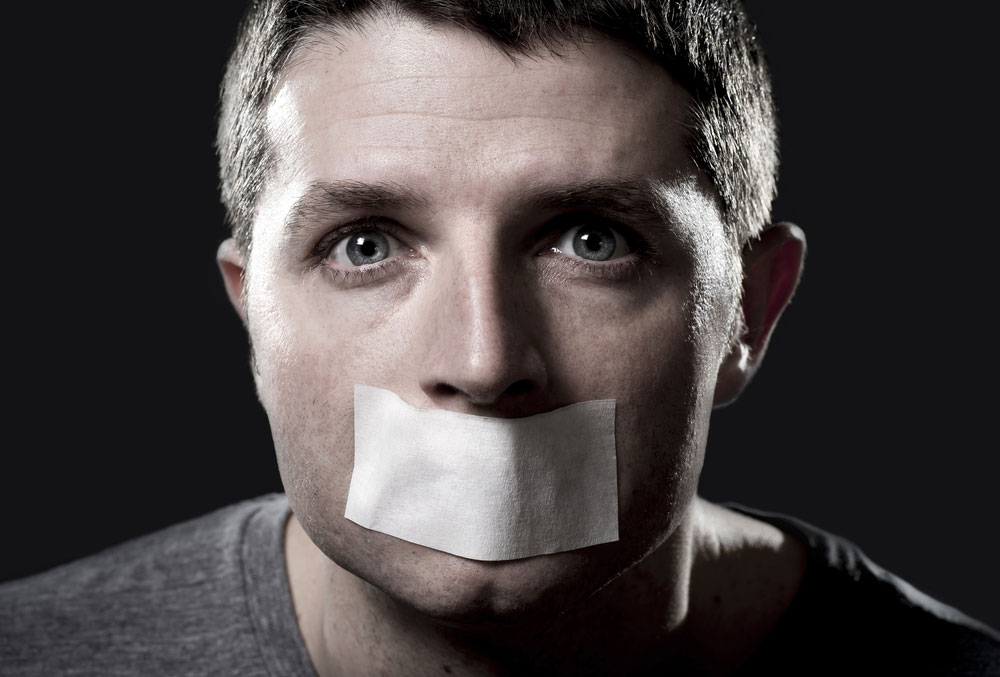
A new lawyer named Jeffrey Fisher took over representing TikTok creator Brian Firebaugh, aiming to bring the perspective of a content creator to the Supreme Court.
His arguments were similar to those of TikTok's lawyer, Noel Francisco, essentially saying that the law Congress passed is impeding free speech for TikTok content creators.
Content harvesting

The Justices brought the topic to content harvesting, which they feel is the main thing Congress is concerned about — someone else needs to run TikTok.
Fisher first talked about the content algorithm and said the government is worried about content. He argued that a mix of cat and dance videos doesn't affect national security. This would mean the government is concerned about the content shown on TikTok to create doubt in leaders.
From there, he talked about data security with TikTok, which has user data. He said Congress isn't worried about the data because an app like Temu does the same things. He noted that TikTok is singled out when other companies have the same issue.
He argued that the government's ban (divesting of ByteDance) is about content manipulation. They were compelling arguments, but the justices argued that TikTok harvests more data than other sites with user contacts and other data.
Just go post somewhere else
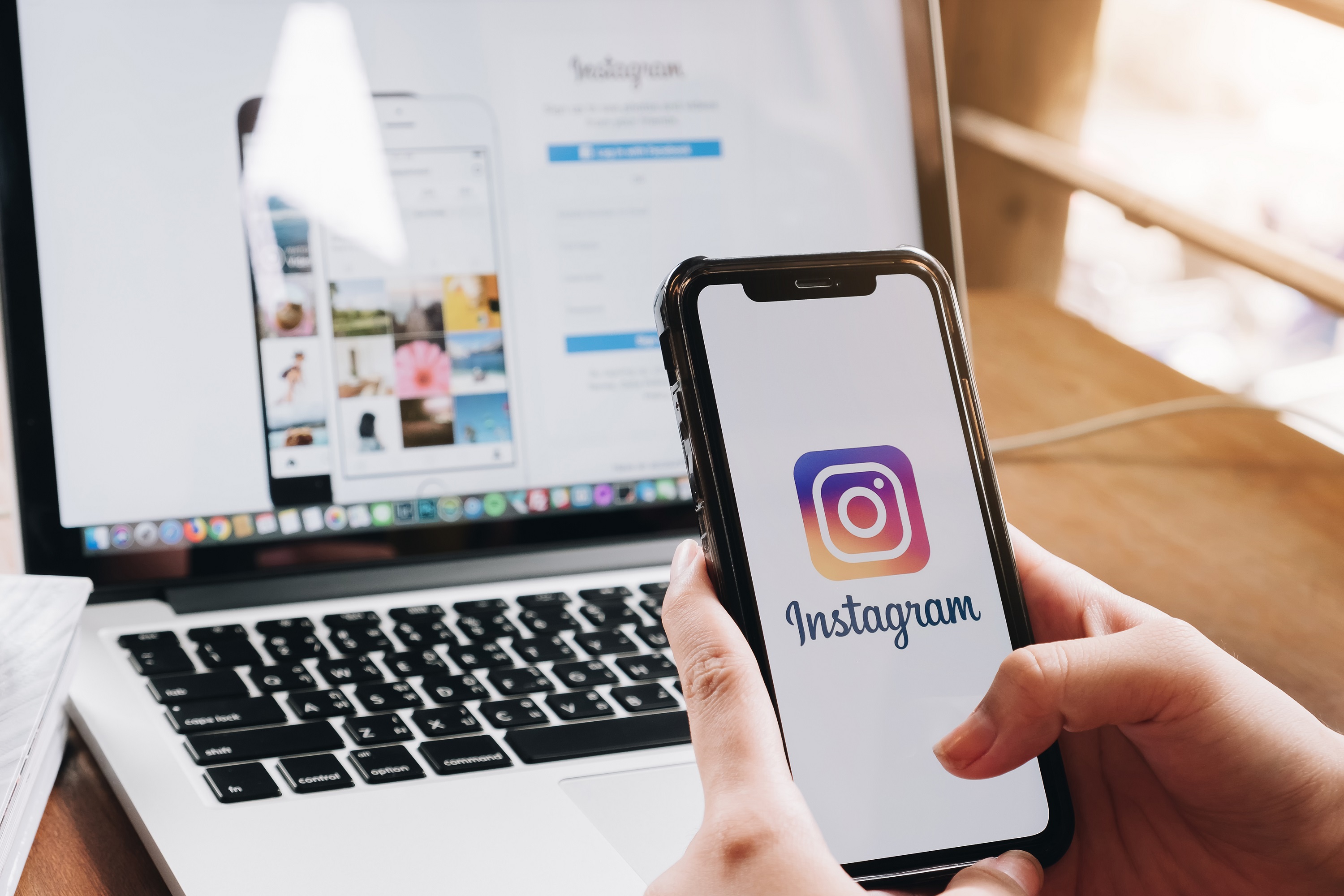
Taking a preemptive strike against people saying to go post somewhere else, Fisher said telling them to go somewhere else to post their videos isn't a fair argument. You can't say to a writer to post their op-ed on a different publication, he claimed.
He said that TikTok rewards quality content with its algorithm, allowing regular people to stand out in ways other platforms haven't allowed.
The judges asked if it had to be ByteDance or if another company like Meta could rise up and take over. Fisher argued that the algorithm is like having thousands of editors with experience and that other companies have tried to catch up to TikTok without success so far.
Solicitor General of the United States

U.S. Solicitor General Elizabeth Prelogar took the stand to ban TikTok, giving a compelling opening speech explaining why the app threatens U.S. national security.
When questioned about the word covert, she argued that the app's covert nature means people don't realize China is behind it. Americans think they're communicating with each other on the app, but China is manipulating the data.
The justices argued that all social apps and search engines operate covertly because we don't know how they work. They also asked whether all foreign content tailoring should be banned, citing Politico as an example.
The crux of the argument

Essentially, the Solicitor General's argument is that the act aims to prevent a foreign adversary nation (China) from accessing our data and exercising control over the platform (TikTok).
She is arguing that it's not content-related (the main argument of the other side), but it's about protecting American citizens' data.
We've exceeded two hours
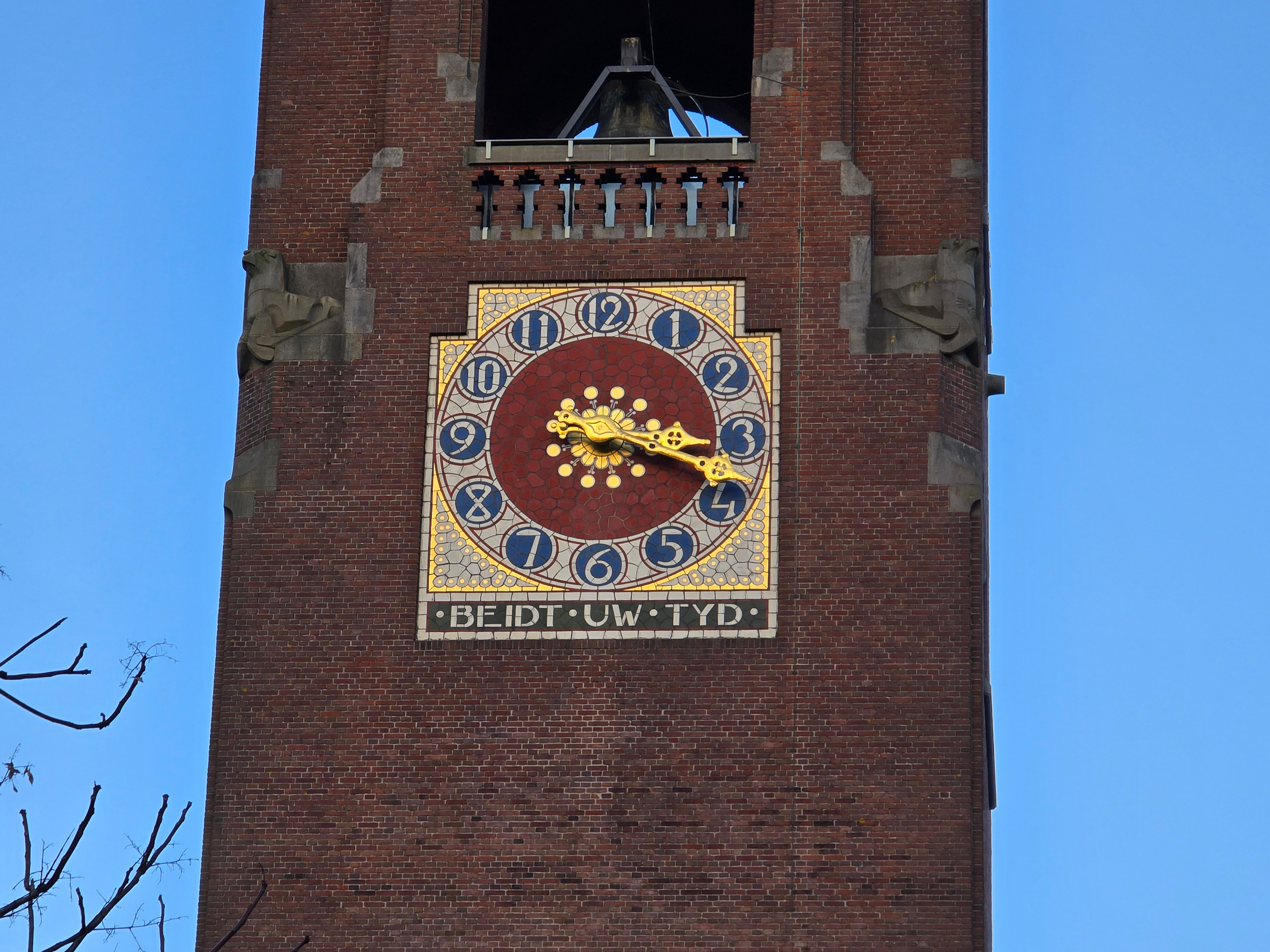
As expected, the arguments have flown by the two-hour mark, with rebuttals still to come from the pro-TikTok side. We're not sure when the arguments will end, but with the important nature of these arguments, the justices are looking to give everyone enough time.
Which way is the Supreme Court leaning?

At 12:39 pm, TikTok made its final arguments, and the justices ruled that the case had been submitted and adjourned the court.
This followed them poking holes in arguments on both sides, but it feels a little like they're playing devil's advocate arguing with U.S. Solicitor General Elizabeth Prelogar.
It's difficult to say which way they're leaning at this point, but after listening to them discuss the ban for over two hours, I think they're leaning toward upholding it. This is just my opinion based on the justices' arguments and the way they're poking holes in them.
We probably won't know the result of the arguments today, but we have to find out what's to come soon because the January 19 deadline for ByteDance to divest TikTok is looming.
A quick look at both sides
TikTok says it plans to shut down site unless Supreme Court strikes down law forcing it to sell. https://t.co/2jQX1RyBfHJanuary 9, 2025
A lot happened today during these arguments, but there was also a lot of talking in circles and repeating the same arguments over and over.
Here are two sentences explaining each side:
TikTok thought the ban was content-based and not a matter of national security. The U.S. government's representative argued that the ban is all about preventing American citizens' data from ending up in the hands of China.
In the end, they brought up a lot of precedence and other arguments trying to prove that their side was right. These included TikTok suggesting a law that allows it to use ByteDance's algorithm but being prohibited from providing user data to its parent company. TikTok also asked for the deadline to be moved until after President-elect Donald Trump took office.
We'll learn more in the coming days, but it really comes down to whether TikTok was able to convince the judges that the ban is wrong. From the outside looking in, I don't think their arguments were compelling enough.

